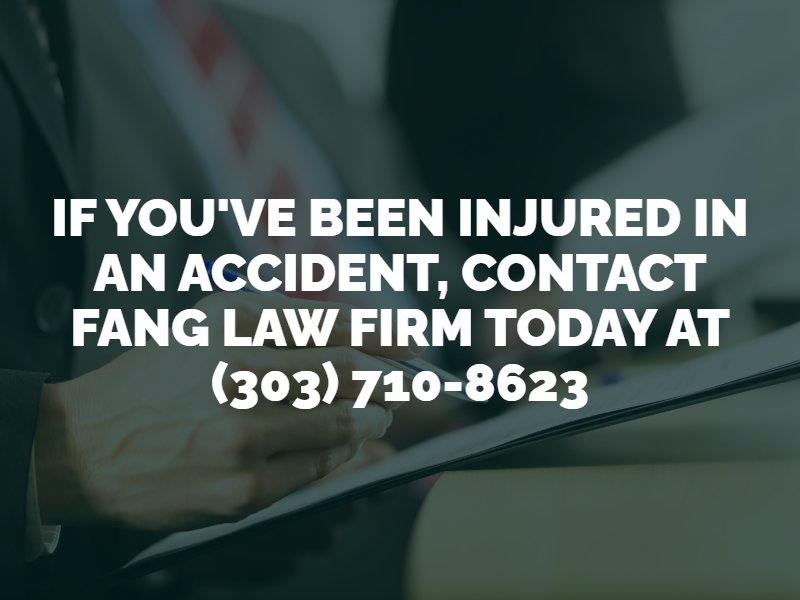The nature of elevator accidents means they often result in catastrophic injuries, such as brain damage, paralysis and amputations. Even a more minor incident, such as an elevator trip and fall, can cause painful and inconvenient injuries. Learn your legal rights and options as a victim of an elevator accident in Colorado to find out if you can recover compensation for your losses.
Understanding your rights after an elevator injury requires identifying the cause of the accident. The cause will determine the at-fault party or parties that can be held liable, or legally responsible, for your losses.
Many safety issues can result in an elevator injury, including:
These incidents can lead to catastrophic injuries such as broken bones, head and brain trauma, spinal cord injuries, crush injuries, amputated limbs, and wrongful death. Victims of elevator injuries in Colorado may be eligible for financial compensation from one or more parties with the help of a Denver wrongful death lawyer.
Human error is often behind devastating elevator accidents. The owner of the property may skip safety inspections, for example, or ignore elevator repair recommendations made by technicians. Acts of negligence can result in elevators that are unfit for operation, with the potential for serious injuries to property visitors or business customers.
Liability for an elevator injury will depend on the party responsible for the incident:
If one or more parties reasonably could have prevented your elevator injury, you may be entitled to compensation for your related losses. These may include medical expenses, lost wages, and pain and suffering. A personal injury lawyer in Denver can help you navigate an insurance claim or injury lawsuit for an elevator injury.

After an elevator accident, seek immediate medical attention for any injuries sustained. Report the incident to the property owner or manager. Document the scene by taking photographs before you leave. Obtain the information of any witnesses and collect copies of your accident reports and medical records. Then, when you are ready to take legal action against a negligent party, contact an attorney at Fang Accident Lawyers for guidance moving forward. We offer free elevator injury case consultations.